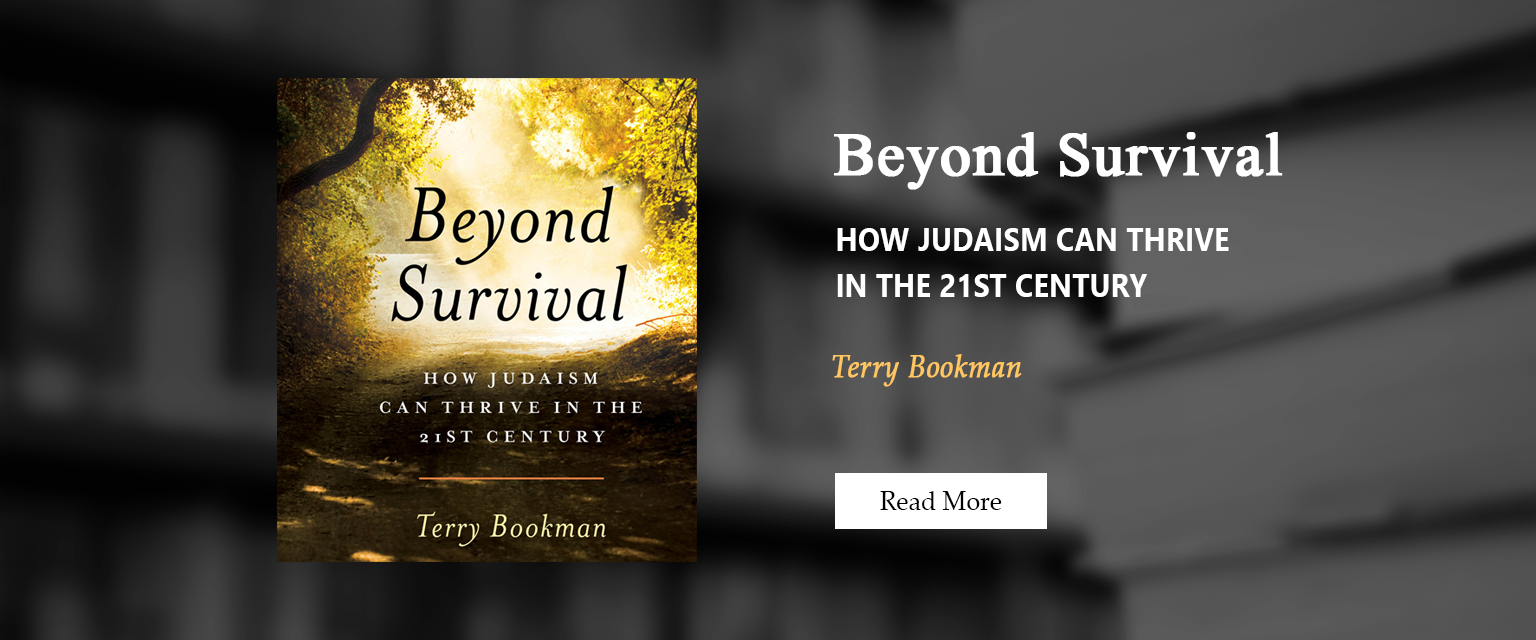|
The number one complaint I hear these days is, “I just don’t have enough time!” Ironic, since when I was growing up the promise of technology was that it would “save time.” Now we have ALL the technology we can handle and we sense a lack of time. Well, guess what? No one HAS time; not then, not now. Time is not something we possess. We make time; we don’t “have it.”
So what is time? The clearest way to understand time is to divide it into its three primary components. First is the past. We like to say the past is what happened, but in reality it is the story we tell about what happened. You see, the past is irretrievable. It really is gone. It lives (or at least some of it lives) in our memory file, called the brain. If we shared a moment with another human being, it might live in their memory file as well, at least some version of it. Attorneys will say the most unreliable witness in the world is an eyewitness. And when there are two, it usually spells trouble. This is not to say we are lying about what happened, or making it up. Nor is to imply that nothing happened; something really did take place. It is just that each of us records life experiences from our own particular angle and perspective. That’s just reality. The way it is. Then there is the present. Unless we are all someone’s dream, there are two truths about the present. I am here and this is now. A moment in time. That’s it. And now that is already past. And finally there is the future, or is there? Actually, what we call the future exists only in our imagination. We often act as if there is a definite future out there, but that is merely the almost certain future—most likely a projection of the present if we keep repeating what we are doing today, nothing changes, and all our plans work out. Nice try. I am not implying that we should not plan for the future. Those retirement plans do come in handy. I am merely indicating that the future does not really exist, except in our imagination. We say, ”time is money” but if we really believed that, acted on it, we would be a 100% more careful with our time than we are. We often act as if time is abundant; it is not. In fact, it is limited and since none of us knows just how limited, it is the most precious resource we have. Most everything we know can be replaced or substituted with someone or something else; not time. Once gone, it is irretrievable. How do we know what is important to someone, what they truly value? We can interview them but I have a quicker and more accurate methodology. With their permission, I look at their bank records and their calendar. Period. You can do this for yourself. How you spend your money and your time are the best indications of what really matters to you, no matter what you say. The money part is easy. Just total it up. You say you are a charitable person and you gave away a hundred bucks last year, amounting to .01% of your total income? I don’t think so. On the other hand, 20% went to new clothes? I would say looking good is a high priority. Don’t use the excuse, “ I HAVE TO!” Just do the math and see what it tells you. For your calendar, try the following. First, make sure it is accurate and that it really includes EVERYTHING you are doing, including sleep. Then, color code it with the following categories:
0 Comments
Leave a Reply. |
Blogs and VideosArchives
January 2021
Categories |
|
I exist to be a connector—connecting people to themselves (allowing for awareness and insight, as well as wholeness and personal growth); to one another (creating sacred community); and to God (linking themselves to a Higher Purpose in all they do in life).
|
©2021 Eitzah, Inc. All rights reserved.







 RSS Feed
RSS Feed
